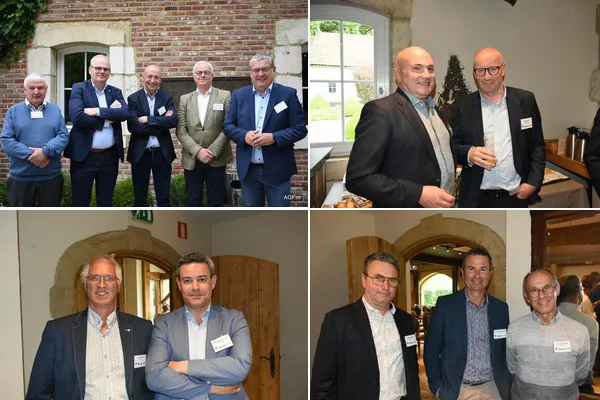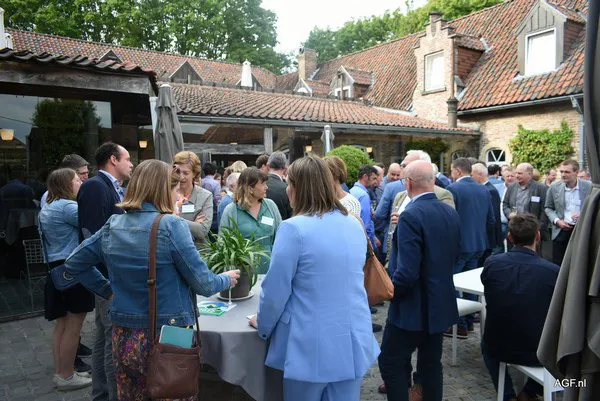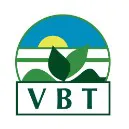On Tuesday, May 24, prominent Flemish agriculture and horticulture figures gathered in Belgium. It was the Belgian Horticultural Cooperatives Federation (VBT) and the Producer Organizations' Logistics and Administrative Association (LAVA) annual meeting (AGM). Besides the VBT's published annual report, this year's central theme was agriculture's future.

Last year, after the pandemic, cooperative delegates and other Flemish horticulture and agriculture delegates could eventually meet again. That was so successful another get-together was held this year on the occasion of the VBT and LAVA AGM. Most of the time was spent chatting among the attendees while enjoying a snack and a drink, but in between, there was also time for more serious discussions.
Given the geopolitical situation, rising costs, and nitrogen and climate talks, plenty is going on in the agricultural and horticultural sectors. Does Flemish agriculture and horticulture still have a future? Joris Relaes of the Flanders Research Institute for Agriculture, Fisheries, and Food (ILVO) focused mainly on agriculture.
He quickly reassured everyone: Flemish agriculture, indeed, has a bright future. He says this sector has been written off many times over the years. "Whether it was that all production would come from Spain and Portugal or the 1990s Dioxin crisis. But Belgian agriculture has always survived, primarily because of its foundation," Joris begins.
He pointed to, for example, the country's ideal farming conditions, capable leaders, and strong agri-food sector and supply. "Also, a country's agriculture needs to be strong and have strategic autonomy." Here, Joris refers to four pillars.
These are, not becoming dependent on foreign countries (although imports are sometimes necessary), strong agriculture in balance with the environment, fair chain pricing, and food literacy. "Innovation has a vital role, too, through cooperation between farms, research centers, and the food industry," Joris continues.

The nitrogen and climate discussion enjoy special attention within the sector. Relaes distinguishes between the two by indicating that climate problems should be considered a global issue on which Flemish agriculture has relatively limited influence. "I don't want to trivialize it, but the agricultural sector has no 'hard' legislation for this. It's, for now, a motivational policy."
"We have far more effect on nitrogen emissions and, in this, must take care of our interests. There are already strict guidelines and targets which must be met. That requires considerable effort from the agricultural sector," Joris admits. People should, however, not be blinded by statistics, he adds. Though much remains to be done, a start has been made.
He quoted Bavo Verwimp, an organic farmer and agricultural economist: "We primarily want environmentalists to save our environment. But to find true solutions for our food production, we need sociologists, psychologists, and economists, too."
After the presentation, the meeting was, as usual, closed with a bite to eat and a drink in the venue's garden, where Joris Relaes's food for thought was further discussed. The VBT's Luc Vanoirbeek describes the day as "a great success."
 For more information:
For more information:
VBT
Email: info@vbt.eu
www.vbt.eu
